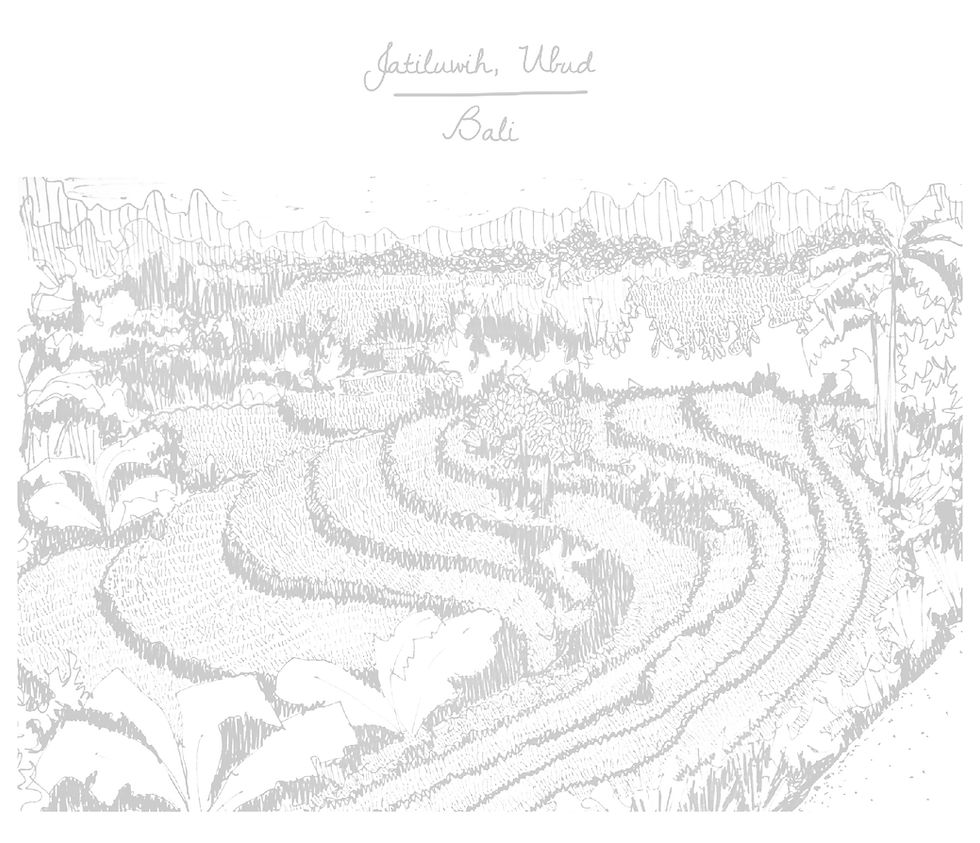
© 2035 by The Clinic. Powered and secured by Wix
A guided thesis is an essential component of the academic journey for architecture and landscape architecture students, particularly during the final and most critical semester of their program. In this approach, students receive personalized mentorship and support from faculty or industry professionals as they develop their thesis topics. The guidance helps students refine their research questions, structure their design processes, and ensure that their work progresses logically and coherently. This collaborative framework allows students to explore innovative ideas while benefiting from expert insights, ensuring a focused and methodical approach to both research and design. Ultimately, a guided thesis provides the necessary structure and direction, enabling students to produce high-quality, well-rounded projects that align with academic standards and professional practice.
Priyanka Kanhare has contributed to several conferences and publications on land use, riverfront planning, and vernacular settlements. In 2023, they presented papers at the International Land Use Symposium (ILUS) in Ahmedabad (“Living Riverfront: A Planning Strategy”) and the ISVS 12 in Bangkok (“Socio-cultural Narratives along Sabarmati River”). They also presented at ISVS 11 (2022) in Vadodara on “Negotiating Development and Ecological Processes” (co-authored with Dr. Aarti Grover, published in Taylor & Francis). Their review paper, “Cause and Alteration of Riverine Landscapes in India”, was published in Interwoven in 2022. Additionally, they created a Nature-Biodiversity Map for Navrachana University. Upcoming presentations include research on agricultural practices and river landscapes, cultural heritage, and traditional wooden structures at ISVS 13 in Vietnam in 2024.
Priyanka Kanhare's academic journey through her bachelor's and master's programs has been marked by a deep exploration of diverse facets of architecture. From investigating the evolution of the roadside shrine to developing a comprehensive landscape proposal for the Sayaji Zoo in Vadodara, Gujarat. Her in-depth research has led to fascinating insights, particularly in the areas of cultural heritage and urban landscape design. As a mentor and guide, Priyanka’s ability to approach complex architectural challenges with both critical thought and creative solutions makes her an invaluable resource for those seeking to understand the intersection of design, culture, and environment. Her mentorship fosters a deeper understanding of architectural theory and practice, encouraging students to think beyond traditional boundaries and embrace innovative, context-sensitive solutions.